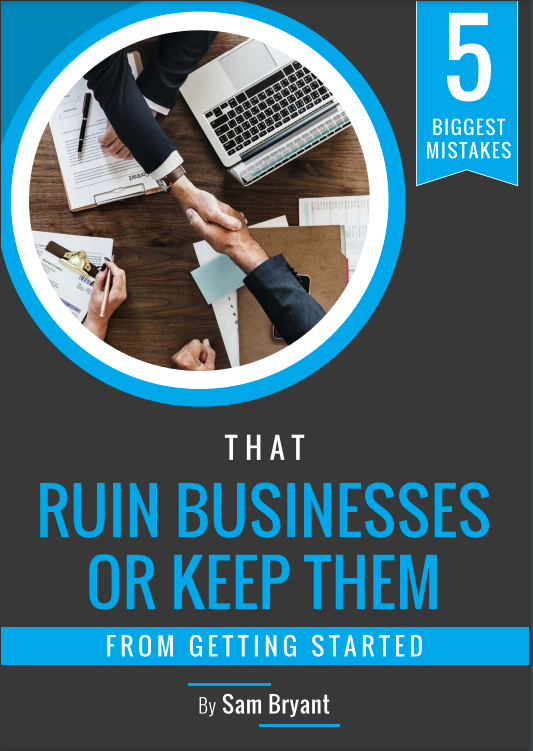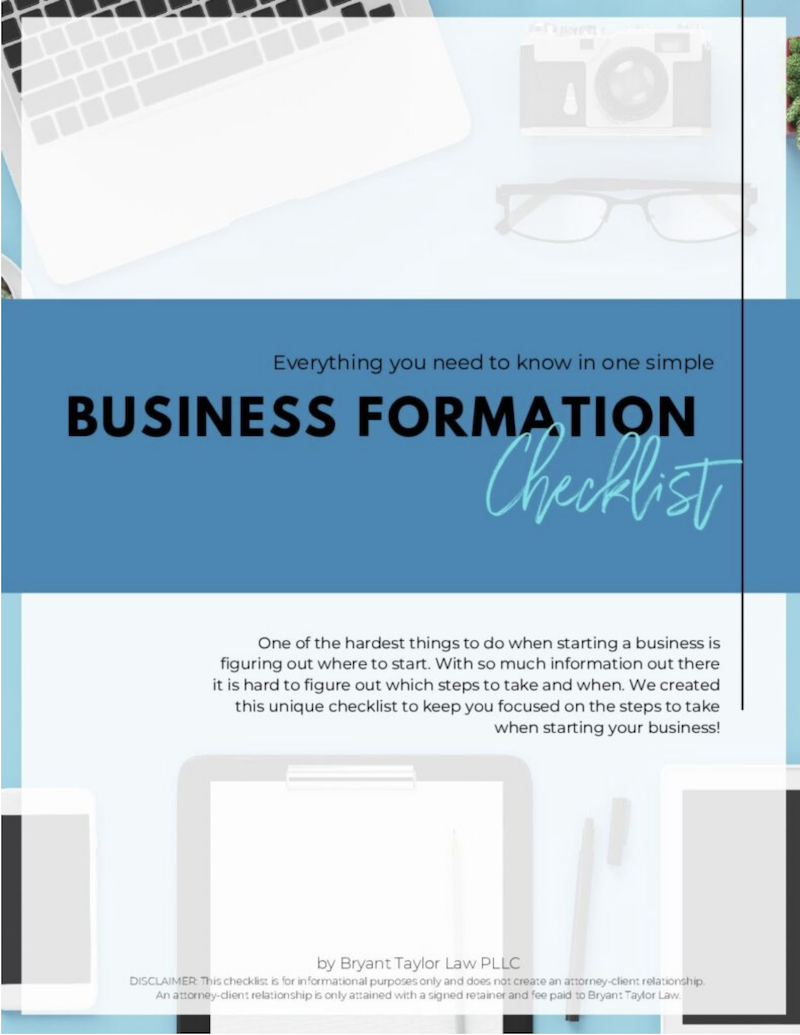Non-Compete agreements have always been common in certain industries. In today’s era they’re becoming increasingly popular across the board. Florida courts are enforcing non-compete agreements through injunctions. These injunctions can prevent an employee from accepting a higher paying or more prestigious position at another company.
A non-compete is usually given to you as a condition of your new employment. And oftentimes you’re so excited about your new job that you sign it without a second thought. But what happens when a better job opportunity comes along and you can’t take it because of your non-compete? Although it may seem like you have no choice in signing the non-compete, that’s not always the case. There are several ways to get out of your non-compete contract.
As the smart employee that you are, the first thing you’ll do is consult an attorney. In our experience, employers are very understanding when a new hire wants to consult with an attorney first. They respect the responsibility and attention to detail that you demonstrate by doing so. Often times, the terms in your non-compete are negotiable. An experienced attorney, like those at Bryant Taylor Law, can negotiate more favorable terms for you before signing.
However, all hope isn’t lost even if you didn’t consult with an attorney beforehand. Here are the most common ways to invalidate your non-compete:
LEGITIMATE BUSINESS INTEREST
For a non-compete to be valid, your employer has to show that it is reasonably necessary to protect their legitimate business interests.
There are five specific legitimate business interests under Florida law:
- Trade secrets;
- Valuable confidential information;
- Substantial relationships with existing or future clients;
- Business goodwill or reputation;
- Specialized training.
If your employer argues a business interest, you then have to prove that it’s not legitimate. You can challenge the first three by showing that you did not have access to trade secrets, confidential information or customer lists. You can also argue that the information is not a legitimate business interest because it’s available to anyone in the industry. For example, it is not confidential if your company gets client lists from phone books, social media (think: LinkedIn) or other public lead sources.
You can defeat a reputation argument by showing the company’s goodwill or reputation will not be harmed. For example, if your new employer is in an industry that doesn’t compete with your current employer’s. You can even overcome a specialized training argument. All you need to show is that you had those skills before working for your employer.
As a bonus, you can argue that your employer forces everyone to sign the same boilerplate agreement, whether they’re a secretary or the CEO. This establishes that your non-compete is not designed to protect the company, but instead is just a generic contract.
MATERIAL BREACH
A material breach by your employer may also invalidate your non-compete. Your attorney will need to analyze whether your employer abided by each section in the employment agreement. Your employer can also breach the contract by violating Florida’s Fair Labor Standards Act.
This argument is a bit harder to win because Florida courts have nearly erased the “prior breach” argument. Bryant Taylor Law can review your contract and advise you whether “prior breach” is a viable defense.
TIME PERIOD
Another area where employers try to handcuff their new hires is by having a lengthy non-compete period. This term usually says the employee cannot work in a related area for X years after leaving their employer. In Florida, less than six months is presumed valid and over two years is presumed invalid.
So what about periods longer than six months but less than two years? This is where the bulk of the litigation comes into play. Your lawyer will analyze your situation to craft arguments for why your agreement’s time period is too restrictive. If you’re concerned about the time period in your agreement, Bryant Taylor Law is available to help.
GEOGRAPHIC RESTRICTIONS
Your non-compete agreement also has to be limited geographically. With very few exceptions, your employer cannot prevent you from working anywhere in Florida. Non-competes are only meant to prevent you from working in the same area as your current employer.
PUBLIC HEALTH
This argument is generally for doctors, nurses, and professionals in a specialized fields. For example, lets say a world-renowned neurosurgeon is only 1 of 20 doctors in the world who can perform a specific procedure. The doctor’s non-compete with her hospital will likely be invalid. After all, non-competes shouldn’t prevent a doctor from saving lives, right?
FIGHT YOUR NON-COMPETE
An experienced firm, like Bryant Taylor Law, can help you negotiate a favorable non-compete agreement that won’t leave you with your hands tied in the future. If you feel stuck in your current non-compete, we can work to amend the terms of your contract or invalidate it altogether. Best of all, when you win your case, the employer will have to pay your attorneys’ fees. Your previous employer may even be responsible for interfering with an employment relationship if their actions made you to lose out on another job.
It’s our goal to help you achieve the most in your career. The non-compete that you signed ten years ago shouldn’t stand in your way. Give our Fort Lauderdale business attorney a call today at (954) 282-9331 or e-mail us to see how we can help.
Bryant Taylor Law
333 Las Olas Way
Suite 416
Fort Lauderdale, FL 33301
ventus
Latest posts by ventus (see all)
- The Role of a Business Attorney in Estate Planning - October 13, 2022




